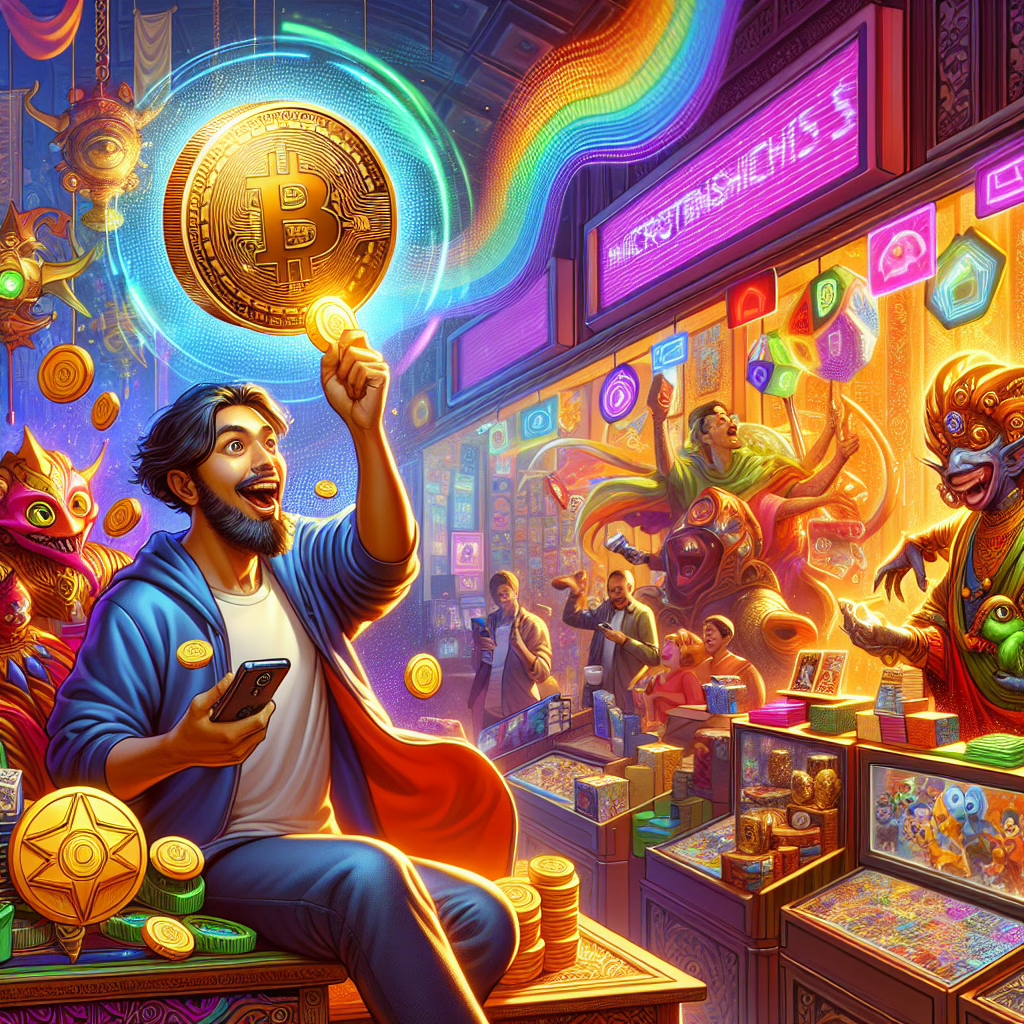Ah, microtransactions—the delightful little add-ons that make your gaming experience feel like a trip to an amusement park where every ride has a fee. Ubisoft recently made headlines by asserting that these pesky purchases actually make games more fun. Yes, you heard it right! As we dive into this whimsical world of microtransactions, let’s explore if they truly bring joy or just lighten your wallet.
What Are Microtransactions, Really?
Microtransactions can take various forms, from cosmetic upgrades to gameplay enhancements. Essentially, they’re small purchases made during a game’s progression that promise to enhance your gaming experience. Ubisoft, a prominent name in the industry, has embraced this model extensively. In their view, these add-ons stimulate creativity and player engagement in the gaming universe.
Are Microtransactions the New Playable Content?
Ubisoft argues that microtransactions are essential for enhancing player enjoyment. Imagine you’re halfway through a thrilling game, and suddenly you’re presented with an enticing offer: “For just $5.99, you can unlock the golden sword of ultimate power!” Who could resist? It’s like saying, “For a small fee, you can skip the line at Disneyland.” Sounds tempting, doesn’t it?
In reality, microtransactions have become the cherry on top of the gaming sundae. They provide developers with a steady stream of revenue—because who doesn’t love a good cash flow? And for players, they promise an opportunity to enhance their gaming experience—if only they’re willing to part with a few dollars. This begs the question: do we value these virtual enhancements truly as much as they are marketed?
The Good, The Bad, and The Microtransaction
Now, let’s sprinkle some humor on this topic. Picture this: you’ve just spent hours battling fierce monsters in an epic quest only to find out that your character’s outfit is less “warrior” and more “fashion disaster.” Enter microtransactions! For the price of a fancy coffee, you can upgrade from “frumpy” to “fabulous.” But here’s where it gets tricky.
While some players enjoy customizing their characters with unique outfits and snazzy gear through these transactions, others feel like they’re being coerced into spending money just to keep up with the cool kids. It’s like being in high school all over again—except instead of wearing the latest sneakers, you’re buying virtual armor! Here’s a quick rundown of the pros and cons:
- Pros:
- Customization: Players can personalize their gaming experience.
- Developer Support: Funds generated can support ongoing development and updates.
- Cons:
- Pay-To-Win Concerns: Players may feel pressured to spend more to compete.
- Loss of Fairness: Sometimes breaks the traditional balance of gameplay.
Can Microtransactions Make Games More Fun?
According to Ubisoft’s sunny perspective, microtransactions can enhance gameplay. They argue that these purchases allow for more creative freedom in game development. Developers can create expansive worlds and rich narratives while relying on microtransaction revenue to fund their projects. Think about it: if every player buys just one shiny cosmetic item or boosts their progress for a few bucks, developers can continue making the games we love.
However, this model has its critics. Not everyone is ready to raise their hands and cheer for this new framework. Some gamers firmly believe that microtransactions can ruin the balance and fairness of the game—like inviting your friend over for a friendly board game night, only to find out they brought Monopoly money!
The Future of Gaming: More Fun or More Fees?
As we peer into the crystal ball of gaming’s future, it seems likely that microtransactions will continue to play a significant role. Will we see more innovative ways to integrate them into games? Perhaps players will soon find themselves purchasing ‘fun tokens’ that allow them to unlock secret levels or compete in exclusive tournaments. The possibilities are endless—and so are the potential fees!
But fear not! Game developers are also becoming increasingly aware of player sentiments. Many are working towards striking a balance between monetization and genuine enjoyment. After all, no one wants to alienate their loyal fan base over a few extra bucks. This is particularly important for leading companies like Ubisoft, who understand that player satisfaction is paramount.
Final Thoughts on Ubisoft’s Take
Ubisoft’s claim that microtransactions make games more fun might not be entirely off-base—but it certainly raises eyebrows (and maybe even some wallets). While there’s no denying that these additions can enhance gameplay through customization options and new content, there’s also a risk of turning players off with excessive fees.
So as we navigate this brave new world of gaming, perhaps we should embrace the humor in our situation: we may end up spending more time deciding which outfit best suits our avatar than actually playing the game! Let’s hope developers continue to focus on creating enjoyable experiences without needing us to sell our organs for extra lives.
What do you think? Are microtransactions a fun addition or just an annoying distraction? Share your thoughts below!
For more insights on various topics in gaming, check out our articles on Ubisoft CEO Blaming Outlaws Struggles, and the latest performance updates from Microsoft’s Windows 11.
Lastly, if you’re on the lookout for some great tech deals, don’t miss out on this Lenovo laptop that’s nearly free, slashed by 73% on Amazon!
For external sources, consider visiting reputable gaming sites and articles to get a diverse array of perspectives and analyses on the influence of microtransactions, ensuring you are well-informed in this ever-evolving gaming landscape.

